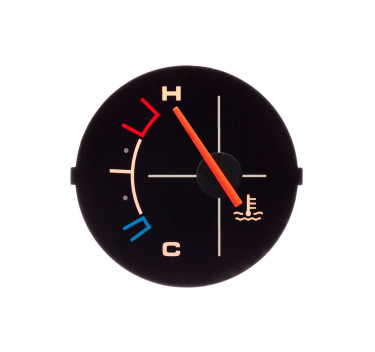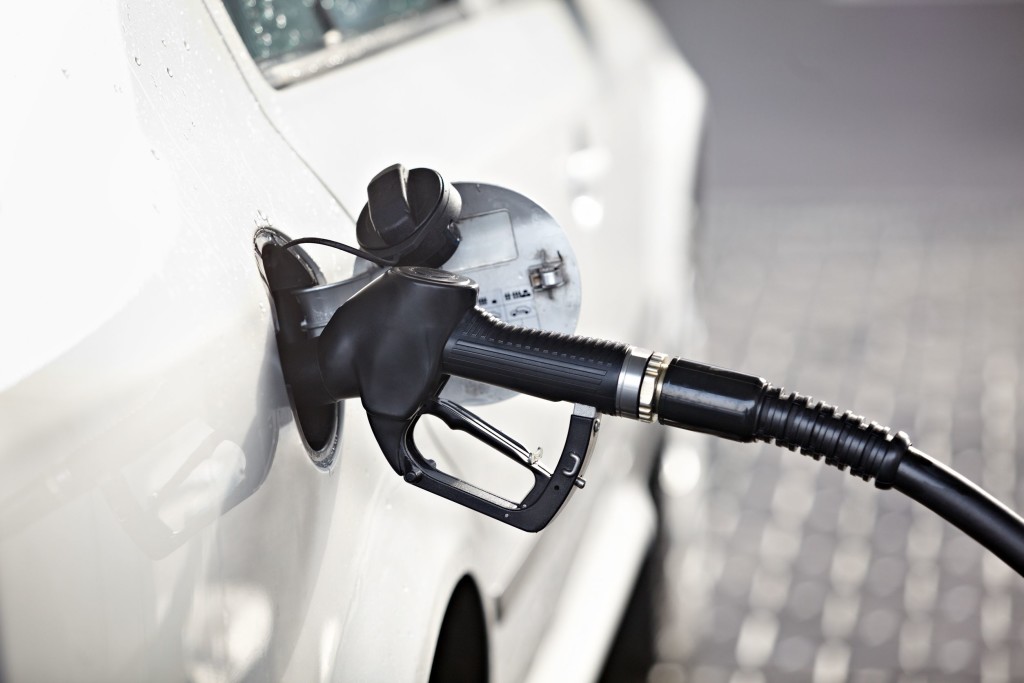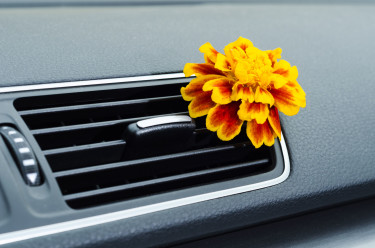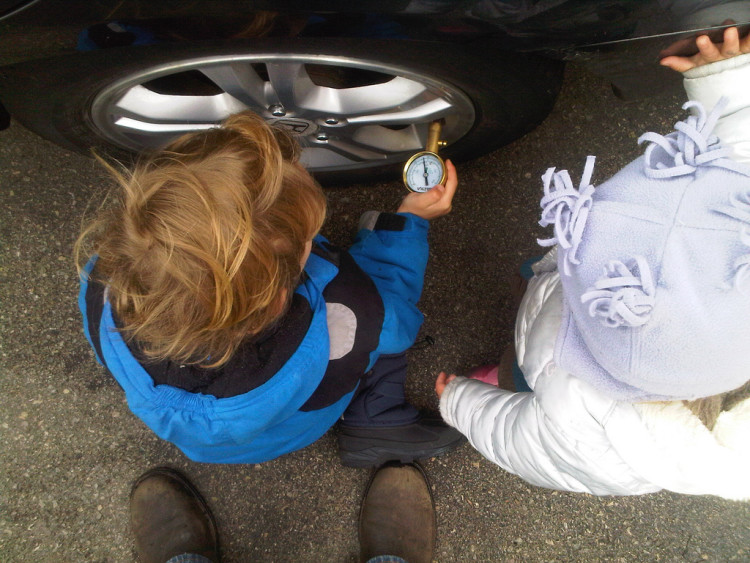Common Reasons Your Car Overheats
 Summer is here, and that means the temperatures are on the rise, but hopefully the same isn’t said for your vehicle. An overheating car is a sign that something is wrong, and you can be in line for major repairs if you ignore the issue. Today, we look at some common reasons why you car overheats, and how you can fix the problem before it turns into a major bill.
Summer is here, and that means the temperatures are on the rise, but hopefully the same isn’t said for your vehicle. An overheating car is a sign that something is wrong, and you can be in line for major repairs if you ignore the issue. Today, we look at some common reasons why you car overheats, and how you can fix the problem before it turns into a major bill.
Overheating Engine
Although there can be many different causes of an overheating issue, the reason your engine is overheating is because something inside the cooling system is preventing the absorption, transportation or release of heat. Here are some reasons why heat isn’t leaving your engine compartment:
Leak in the Cooling System – This is one of the main causes of engine overheating. If you get a leak in your radiator, water pump, hoses, head gasket or thermostat housing, your engine isn’t going to be able to cool properly. If you can find the leak, you may be able to seal it on your own, but you’ll probably benefit from bringing your car into a mechanic.
Coolant Issues – You can have problems with your coolant even if there isn’t a leak in the system. If you put the wrong coolant in your car, or if the coolant-to-water ratio is off, your engine my have problems staying cool. Try flushing the system and adding the proper mix as recommended by your owner’s manual.
Blocked Hoses – If there’s no leak and the coolant has been installed properly, the next thing you’ll want to check is your coolant hose. Sometimes dirt or road sediment can get into your coolant department and block the flow of fluid through your hoses. Flushing the system and refilling your coolant tank is once again the preferred course of action.
Radiator Problems – Another common cause of engine overheating is a problem with your radiator. Leaks, clogs or problems with the radiator fan all mean that heat can’t properly escape your vehicle, which will cause the temperature to rise. A mechanic will be able to diagnose exactly what’s wrong with your radiator and what needs to be done to correct the problem.
Broken Water Pump – The water pump, as the name implies, helps pump and propel engine coolant throughout your cooling system. Any issue associated with the water pump can lead to an overheating engine. Common water pump problems include leaks, shifting of the pump shaft, or eroded impeller vanes.
If you notice your car is overheating, turn the heat on in your car, as this will help move hot air out of the engine compartment, and bring it into a trusty mechanic right away. Ignoring the problem can cause your engine system to fail, which can mean thousands of dollars in repairs!
-
The Surprising Downside of Driverless Cars
 Mar 18, 2015
Mar 18, 2015Remember last week when we shared a story about driverless cars and how they’ll be more popular in 10-20 years? Well a new study says we might want to pump the brakes on driverless cars, as they’ll consume more energy than current transportation methods. Many auto experts believe that autonomous cars could help decrease fuel […]
-
What Is Causing My Car To Smell Bad?
 Jul 20, 2015
Jul 20, 2015Most people love the smell of a new car, but it doesn’t take long for that smell to fade. Nowadays, your car probably smells like old socks or stale cheetos, but today, we’re going to take a look at some car smells that signal there’s a problem with your car. Here are some common smells […]
-
How Often Should I Check my Tire Pressure?
 Jun 20, 2013
Jun 20, 2013Everyone knows how to determine if their car is running low on gas, but how can you tell if your tires are running low on air? Tire pressure is often overlooked, but proper inflation is key to extending the life of your vehicle and your tires. In fact, not only will properly inflated tires extend […]




